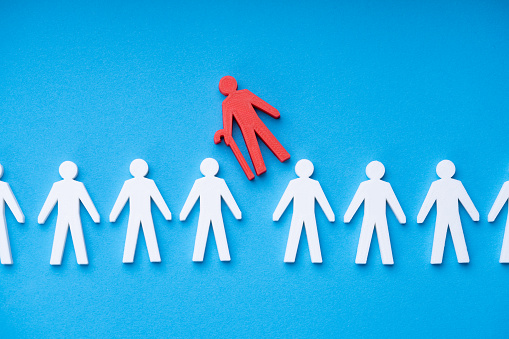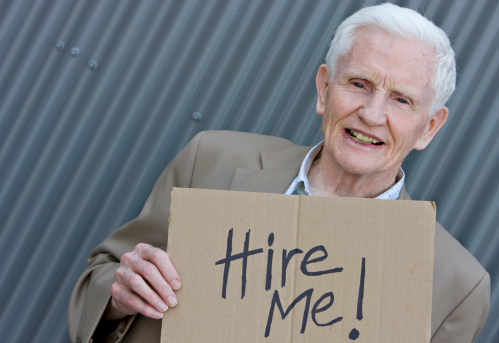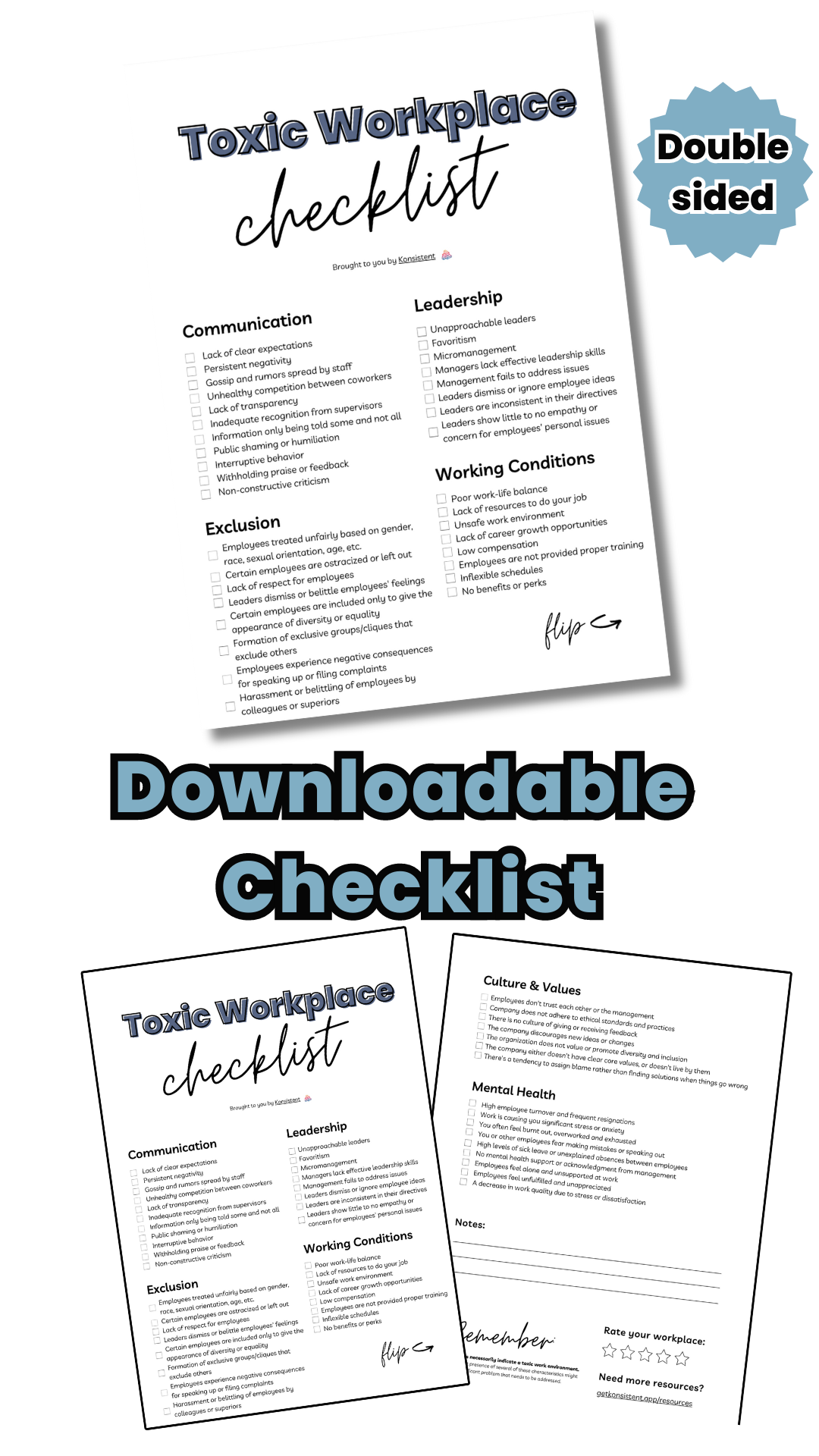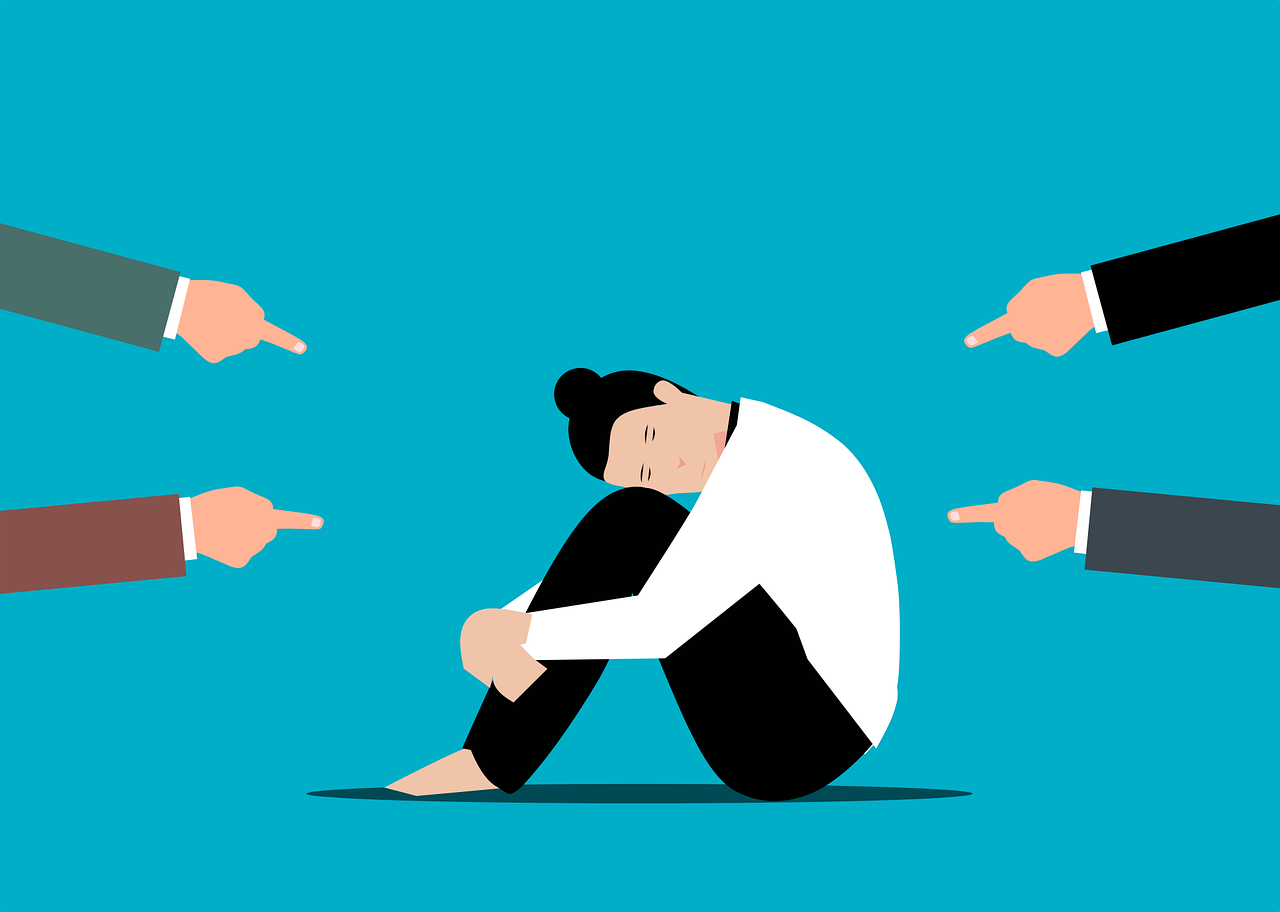What are the signs of age discrimination?
2 November 2022 | 4 mins read
- Employee resources
- HR resources
Age discrimination happens when an individual is treated unfairly or differently due to their age. But, what are the signs of age discrimination?

This can manifest in a variety of ways, including being passed over for promotions, experiencing harassment and bullying at work, or being excluded from company activities or social gatherings.
Age discrimination can come in many forms, and sometimes it can be difficult to determine whether or not you are experiencing it. This type of exclusion can bring about many questions:
What qualifies as age discrimination?
Can young people be discriminated against too?
Are there any laws to protect against age discrimination in the workplace?
In this article, we will discuss the different signs of age discrimination, as well as some potential workplace situations where this may occur. We will also explore some ways to determine if what you are experiencing is age discrimination or not and how to go about reporting it if necessary.
Are you feeling stressed, unvalued, or isolated at work but can't quite put your finger on the root of the issue?
Our comprehensive 'Toxic Workplace Checklist' could provide the clarity you're seeking. This checklist, designed by our language detection experts at Konsistent, pinpoints key signs of an unhealthy work environment, empowering you to better understand and navigate your professional sphere. Download your free copy today, and take the first step towards a more inclusive, respectful, and supportive workspace.
What is age discrimination?
According to the U.S. Equal Employment Opportunity Commission (EEOC), age discrimination is defined as treating an applicant or employee less favorably because of his or her age.
The Age Discrimination in Employment Act (ADEA) is a federal law that prohibits age discrimination in the workplace for people who are 40 years old or older. This means that employers cannot discriminate against an applicant or employee based on his or her age, and must treat employees fairly regardless of their age. However, this law does not apply to employees under the age of 40, and many states have their own laws that provide further protections against age discrimination for those under age 40.
Is age discrimination legal?
While age discrimination is not explicitly prohibited by federal law, there are several laws in place that protect against age discrimination and help prevent it from occurring.

The ADEA protects workers who are 40 years old or older, and many states have their own laws prohibiting workplace discrimination based on age for those under age 40. Additionally, employers cannot use policies that appear to be age-based, such as policies that require employees to retire at a certain age or that impose different requirements for younger and older workers.
In addition to these legal protections, there are also several warning signs that can help you determine if you may be experiencing age discrimination in the workplace. Some of these include:
- Being passed over for a promotion or job opportunity, despite meeting all the requirements and being qualified
- Receiving negative performance evaluations or feedback, even though your performance is good
- Having to take on menial tasks that are not part of your job description, such as running personal errands for your manager or supervisor
- Being excluded from company events or meetings, or being treated differently than your coworkers
- Receiving demeaning or inappropriate comments about your age from colleagues or managers
Related read: Is yelling in the workplace harassment?
Why is there age discrimination in the workplace?
So why is age discrimination so common in the workplace? There are a number of factors that can contribute to this, including unconscious bias, ageism and age stereotypes.
One major driver of age discrimination is unconscious bias. This is when we make decisions or form opinions about other people based on our own biases or assumptions, without even realizing it. For example, if you have been conditioned to view older workers as less capable or productive, you may subconsciously treat them differently than younger employees, even if they have the same skills and qualifications.
In addition to this unconscious bias, age stereotypes can also contribute to age discrimination in the workplace. These are preconceived notions that we hold about specific groups of people based on their age, and can lead to discrimination when we view older employees as being less productive or capable than other workers.
Overall, age discrimination in the workplace is a complex issue that involves many different factors and drivers. However, with the legal protections in place and awareness of the warning signs, it is possible to help reduce age discrimination and create more inclusive workplaces for all.
What are signs of age discrimination?

There are a number of signs that may indicate age discrimination in the workplace. These can include being passed over for promotions or raises, experiencing harassment or hostile treatment due to your age, receiving lower performance ratings than other employees despite performing equally well, and facing negative stereotypes or assumptions based on your age.
Despite the legal protections in place against age discrimination, it continues to be a major issue in many workplaces. This may be due to the fact that older workers are often stereotyped as being less productive or unable to keep up with changing technology and trends in their field.
Additionally, there is often a perception that older workers will be more expensive to hire or retain than younger employees, which can lead to age discrimination in hiring and retention practices.
Related read: 10 issues that are killing workplace productivity
How to deal with age discrimination
While age discrimination is unfortunately a common problem in the workplace, there are steps that you can take to protect yourself against it. These include being aware of your rights as an employee and learning how to spot potential signs of age discrimination, as well as bringing any concerns or evidence of discrimination to the attention of your manager or HR department.
Additionally, you can work with an employment lawyer to explore legal options if you feel that you are being discriminated against on the basis of your age. By taking these steps and speaking out against age discrimination, we can help create a more equitable and fair workplace for all workers.
Remember, it is your right to work in a fair and non-discriminatory environment, and no one should be treated unfairly because of their age.







